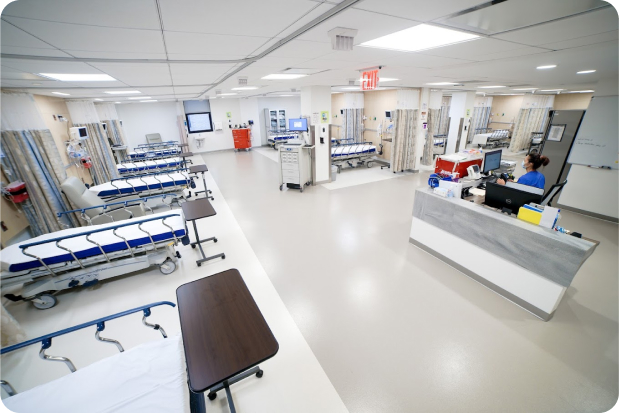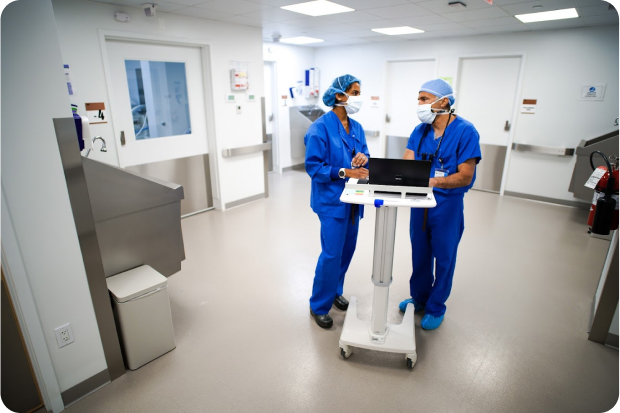 OUR LOCATIONSCall to book (212) 604-1300
OUR LOCATIONSCall to book (212) 604-1300
 OUR LOCATIONSCall to book (212) 604-1300
OUR LOCATIONSCall to book (212) 604-1300
One health issue that affects a large number of people is lumbar pain. This pain usually occurs in the neck, back, and hip areas of the body. Prolonged lumbar pain can make it difficult or even impossible for a person to function normally. The individual affected with the severe lumbar pain might take over-the-counter pain medication, which does not help with the pain, but isn’t a long-term solution if the pain is severe. This type of chronic pain frequently requires more intense treatment. Those with serious lumbar pain should immediately see a specialist who can provide treatment or pain management therapy.
A consultation with a lumbar pain specialist should provide further insight into the problem, but it is possible that you are suffering from sciatica. Sciatica usually occurs in the lower back and legs of the patient. The sciatic nerve runs along the back and down the back of the leg, so common signs that a patient is suffering from sciatica include pain in leg when sitting, tingling sensations in the leg, weakness or numb legs, or shooting pains when attempting to stand. Sciatica is a condition that is caused by pressure occurring in the lumbar region, and this type of pressure is very irritating and often impossible to bear. A specialist should be consulted if the symptoms persist.
People often ask us what causes lumbar pain or sciatica. There are the most common problems like irritation to the lumbar region or degeneration of the disc in the back area, but other common problems might include sleeping on a worn out mattresses, obesity, and avoiding exercise. Consult with a best pain specialist in NYC for more information and be on your way to returning to a pain-free lifestyle!






